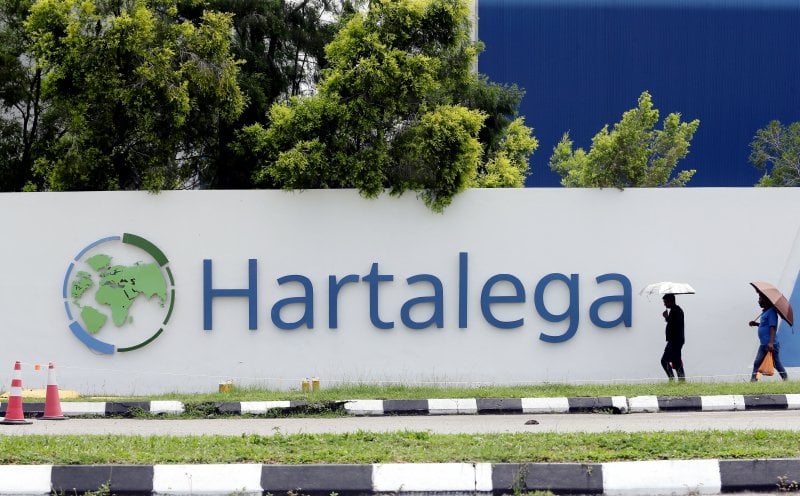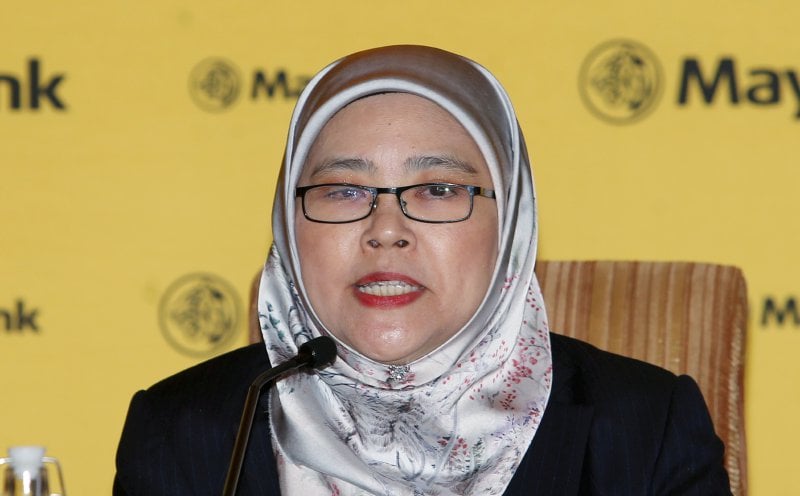KUALA LUMPUR: Malaysian chief executive officers (CEOs) are growing increasingly optimistic about the country's economy and their companies' revenue prospects, driving efforts to reinvent their businesses.
However, over half remain uncertain about their companies' viability in the next decade.
These findings are highlighted in PwC's 28th Annual Global CEO Survey, which gathered insights from 4,701 CEOs globally, including 1,520 from the Asia-Pacific region and 31 from Malaysia.
Amid geopolitical and trade tensions, CEOs in Malaysia expressed optimism about the global economic outlook. Nearly 68 per cent anticipate global growth to improve in the next 12 months, a significant increase from just 23 per cent in last year's survey.
Optimism about the local economy has also surged, with 87 per cent of CEOs expecting the local economy to improve this year, compared to just 41 per cent last year.
This positive sentiment aligns with projections that Malaysia will maintain its growth momentum in 2025, fuelled by robust investment activities, sustained household spending, and an increase in exports.
Despite the positive outlook, Malaysian CEOs are concerned about key challenges such as the limited availability of skilled workers (35 per cent), followed by cyber risks and technological disruptions (both at 32 per cent).
These concerns differ from those of global and Asia-Pacific CEOs, who prioritise macroeconomic volatility and inflation as the top threats.
PwC's global chairman, Mohamed Kande, highlighted the dual reality CEOs face.
"Business leaders around the world are optimistic about the year ahead but also know they must reinvent how they create, deliver, and capture value. Emerging technologies such as GenAI, shifts in geopolitics, and the climate transition are all revolutionising how the economy works.
"New business ecosystems are forming, transforming how companies compete and create value. To thrive, business leaders must act now and take bold decisions around their strategy—ranging from people, footprint, and supply chain, right through to reinventing their business model," he said in a statement.
The survey underscores a rising concern among Malaysian CEOs regarding their organisations' longevity.
At least 55 per cent believe their companies won't remain viable within a decade if they continue their current trajectory, up from 43 per cent last year.
Globally, this sentiment is lower, with 42 per cent of CEOs expressing similar concerns.
Encouragingly, 42 per cent of Malaysian CEOs have explored new sectors in the past five years to stay relevant, aligning closely with global trends, where 38 per cent of CEOs have taken similar steps.
However, fewer Malaysian businesses are venturing into challenging areas, such as pioneering new market routes or adopting innovative pricing models.
Artificial Intelligence (AI) remains a critical yet divisive topic among Malaysian CEOs. While 34 per cent trust embedding AI into key business processes, the majority remain cautious.
Soo Hoo Khoon Yean, managing partner at PwC Malaysia, emphasised the importance of trust in AI.
He said that businesses must assess their data readiness and ensure responsible management and human oversight in collecting and interpreting data.
This presents a unique opportunity for Malaysian companies to differentiate themselves by enhancing data governance, a vital step in advancing the nation's digitalisation agenda, Soo said.











